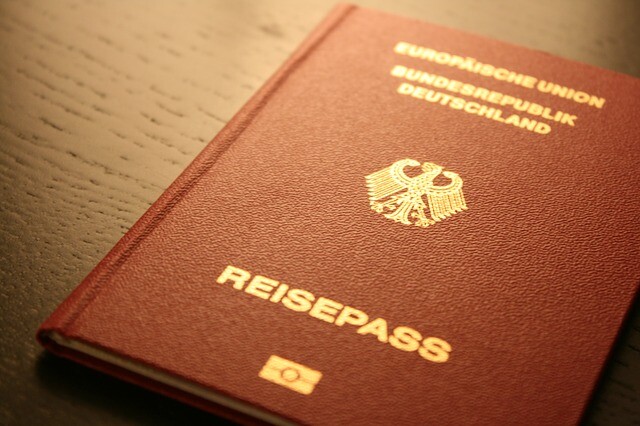


Germany is preparing for Sunday's important general election. Immigration has taken centre stage in a heated campaign. The centre-right Christian Democrats (CDU) are in the lead with 29% of the vote. Friedrich Merz, their leader, is the leading candidate for chancellor.
With 21%, the anti-immigration Alternative for Germany (AfD) is second. Although AfD's support is increasing, intelligence services are monitoring for signs of radicalism. Though Germany has been known for its favourable immigration policies, the dynamics have been changing in the recent times.
Alice Weidel, a co-leader of the AfD, has blasted the government's approach to migration. She contends that Germany has not distinguished between immigration and asylum.
Weidel claims that for the past ten years, illegal migration has been occurring unchecked. By rejecting environmental improvements and promoting tough border rules, AfD has grown in popularity.
According to political scientist Wolfgang Schroeder, the AfD's radicalism contributes to its rise. The party also supports deeper ties with Russia and opposes military assistance to Ukraine.
Elon Musk and others have supported this position. On X, Musk stated that "only the AfD can save Germany." Later, he defended the party from charges of extremism. Musk even used his platform to hold a conversation with Weidel.
Public anxieties over migration have been exacerbated by an increase in terror incidents in Germany. Unlike in 2021, when debates were driven by climate change, immigration is now the most important election issue.
In Berlin and other places, there have been huge demonstrations against AfD. Despite the party's increasing popularity, many Germans disapprove of its rhetoric.
Voter concerns are also being shaped by economic hardships. As Germany gets used to living without cheap Russian energy, inflation stays high. China is a rival to the nation's auto sector.
Uncertainty is increased by possible US tariffs. To cover budget shortages and finance aid for Ukraine, Chancellor Olaf Scholz intends to take out more loans. Friedrich Merz is against this, advocating for economic expansion devoid of further debt.
The CDU might not get a majority, but it is likely to win. Merz has denied allying with the AfD. However, to advance stricter immigration rules in parliament, CDU recently depended on AfD support. For a considerable time, the mainstream parties in Germany have maintained a "firewall" policy, refusing to cooperate with the far right.
U.S. Vice President JD Vance has criticized this approach. He contended at the Munich Security Conference that it is disrespectful to democratic values to exclude AfD. German politicians reacted negatively to Vance's subsequent meeting with Weidel.
His comments were denounced by Scholz, who said Germany does not cooperate with extreme-right groups. Merz also denounced what he described as American meddling in German elections.
Tensions are still high just a few days before the vote. This is one of the most heated election seasons in Germany in recent memory, with immigration and economic issues continuing to dominate the discourse.
As it emphasizes stringent immigration laws, economic annoyances, and resistance to military assistance for Ukraine, the AfD's popularity has increased. Despite its reputation for being radical, some voters believe it is the only party that is addressing their issues.
Recent assaults have increased anxiety about immigration and national security. Due to this, voters now prioritize migration over other issues, such as climate change.